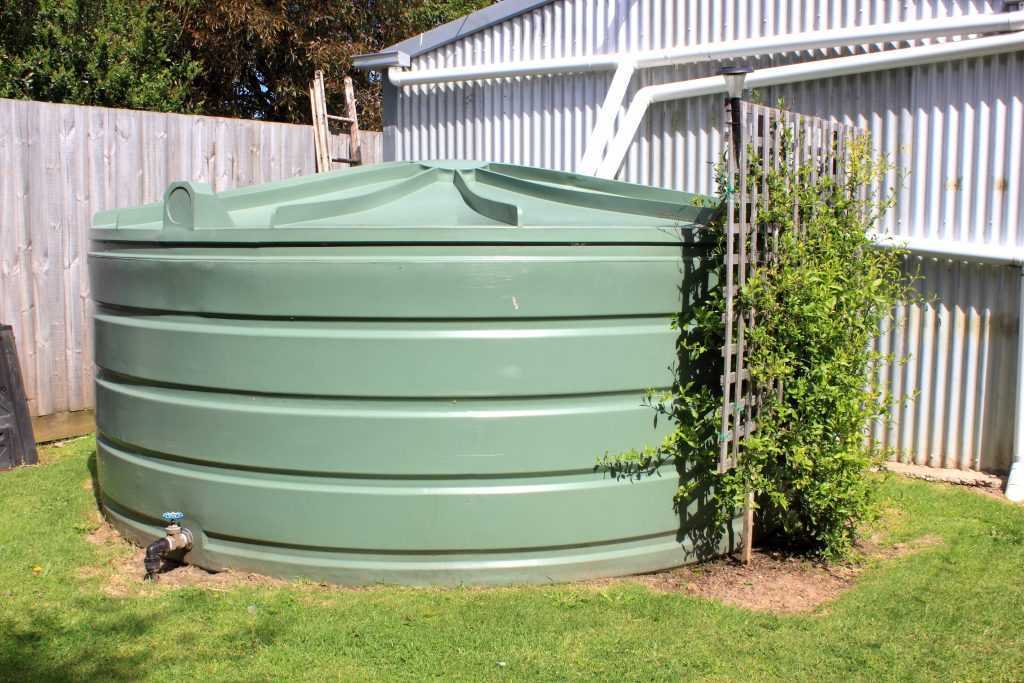 In dry Australia, even here in Perth, one great way to get an extra source of water for home use is to use a rainwater tank. Rainwater tanks collect rainwater during downpours and stores the water until you decide to use it. You can do several things with rainwater, provided that it is safe to use for the intended purpose.
In dry Australia, even here in Perth, one great way to get an extra source of water for home use is to use a rainwater tank. Rainwater tanks collect rainwater during downpours and stores the water until you decide to use it. You can do several things with rainwater, provided that it is safe to use for the intended purpose.
Rainwater for Different Uses
Before you use collected rainwater, you first must learn what water quality is required for different uses. When you simply want to water your lawn or other plants in your garden, you can use collected rainwater as is. For toilet flushing and laundry, however, rainwater must be clean and odourless. It is the same with rainwater for showering or drinking, but with the added qualities of disinfection.
Clean in the Tank
To keep your rainwater clean in the tank, Rainfill Tanks and Curved Roofing Supplies suggests you do several preventative measures. You can place your tank in an area with the least number of possible contaminants such as leaves from trees, animals, and insects. You can also cover the tank to protect the water from sunlight, which can encourage bacterial growth.
Clean on the Roof
Now, rainwater usually falls onto the roof of the home and, subsequently, flows down to the tank. To keep the water from contamination during that process, you can make sure that your roof is clean and free from debris, fresh paint, dead animals or insects, and faecal matter. Although your tank will have a water filter, microorganisms can still contaminate the water.
Clean After the First Rainfall
Of course, you can’t always check and clean your roof. You can have the first rainfall after a dry period wash off all contaminants and debris off your roof. You can use a diversion system for this. Subsequent rainfalls are then safe to collect.
Cleaning your roof and maintaining your tank can be done monthly and annually. You can learn more about maintenance and prevention methods from tank manufacturers and other experts in the field. With this knowledge, you will be able to collect cleaner and safer rainwater.

